Imagine you are a Jewish slave, and you are so excited about Moshe’s plan to take you out of Egypt in 2 weeks! Moshe explains all of the rules for the Pascal lamb sacrifice (has to be done on the 14th of Nissan, roasted whole, blood painted on the doorposts, etc.) and then he mentions that you cannot break the bones (to suck marrow or lick every inch) as you eat it. That seems very specific! Why is there such a prohibition? What would you think is the significance of that detail?
One commentator, Sefer HaChinuch, explains that breaking bones as you eat is the mark of a poor and starving man. Think of a homeless beggar who receives food and licks the last morsel and drop – that kind of desperation is forbidden the night the Jewish people leave the land of Egypt. The Sefer HaChinuch writes that God was trying to show them that they are different now – free people and God’s chosen nation, and as such that type of behavior is beneath them.
Do you think just saying it or behaving that way will change the way they feel? Can one night and one dignified meal change a slave into a free man?
The Sefer HaChinuch writes that a person’s thoughts and feelings are influenced by how they act and what they say. We usually think that we won’t act a certain way or do something unless “we really feel like it” – but sometimes we must act a certain way IN ORDER to feel it. By eating the sacrifice this way – like free and dignified people – the Jews would internalize that and become a free and dignified people!
Where/when have you felt that behaving a certain way changed the way you thought and felt? Why is this true? How do our actions influence our emotions?

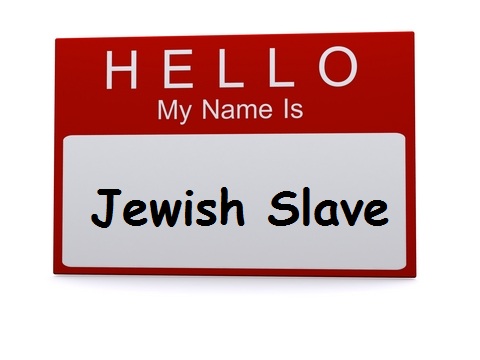

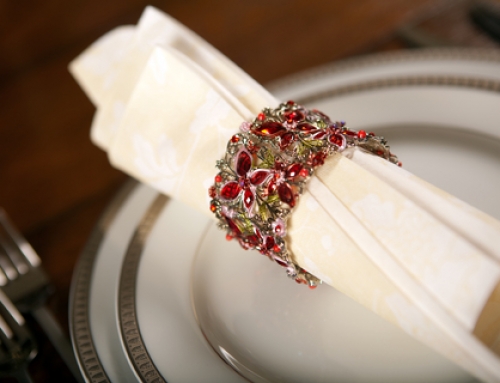
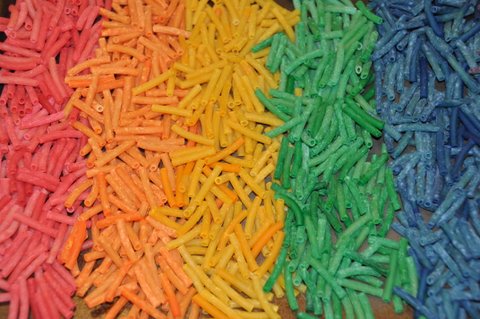
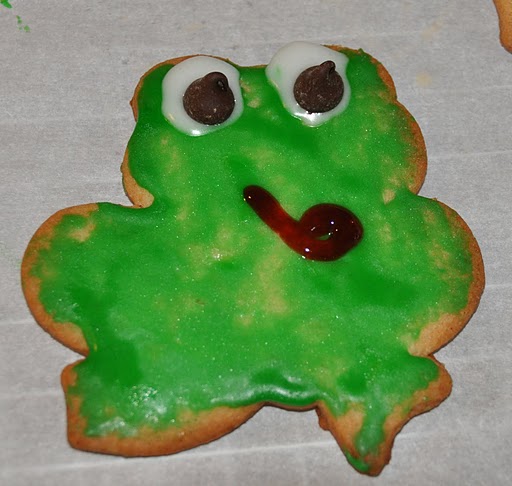
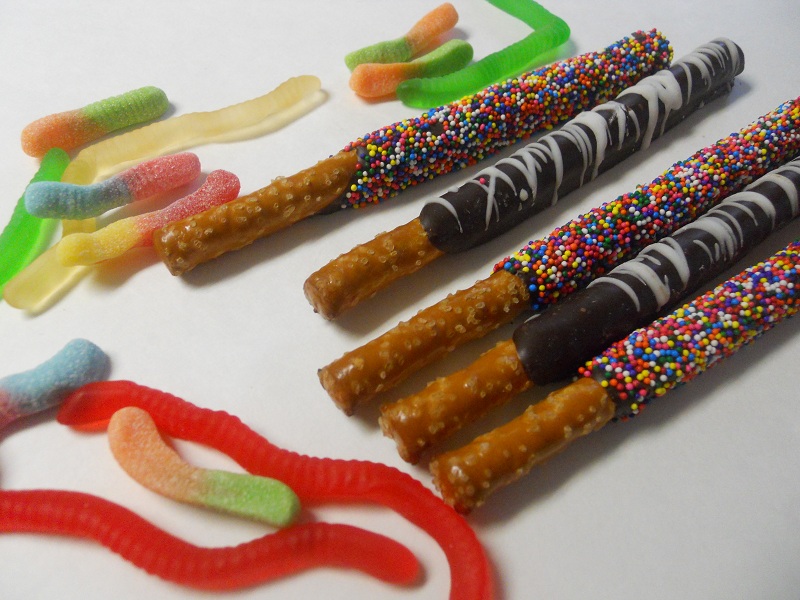

Leave A Comment